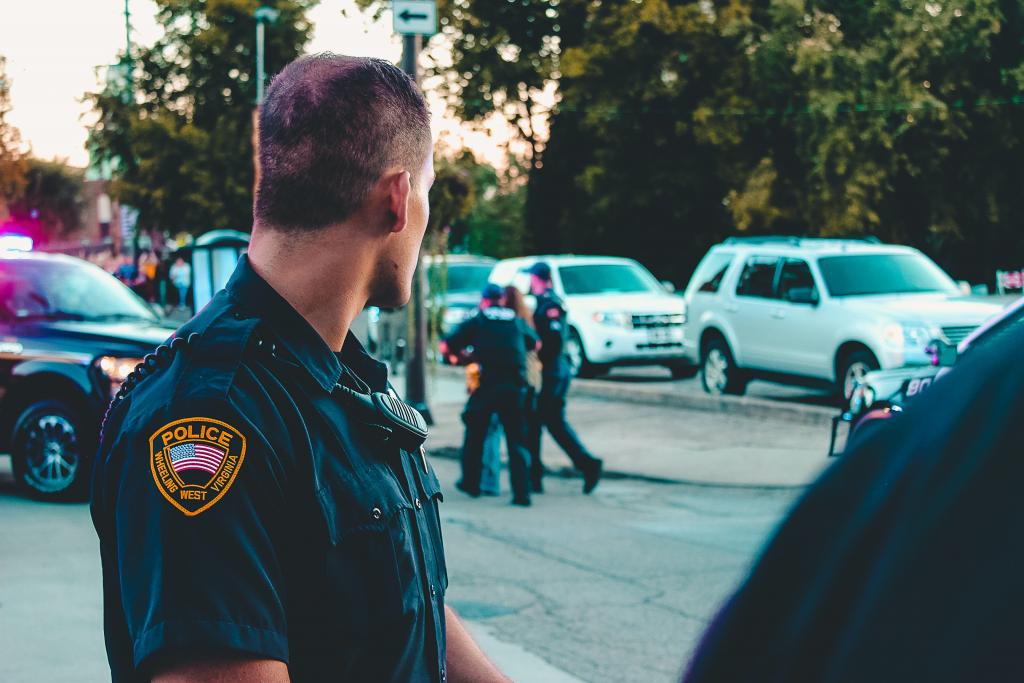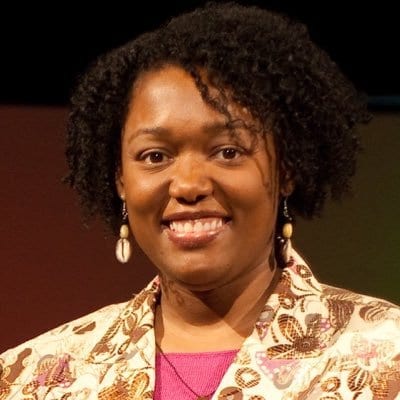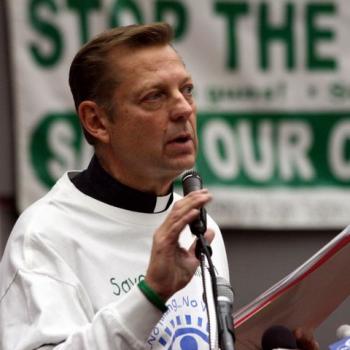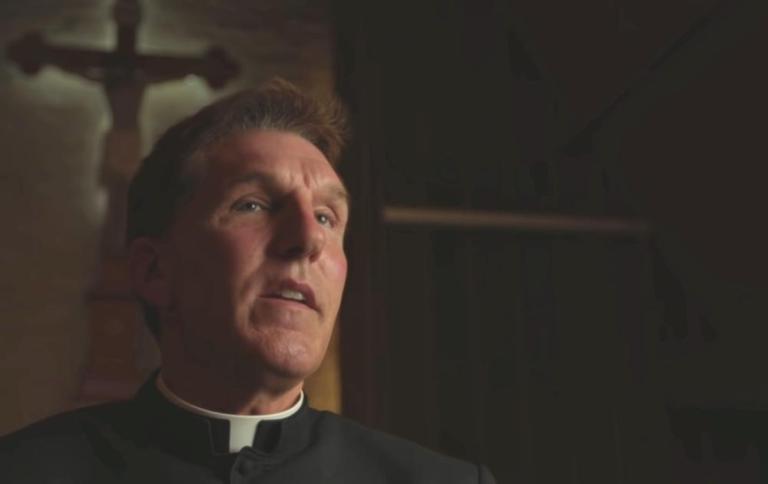
The Biden-Harris campaign has gone to some lengths to distance itself from the “Defund the Police” movement, which the Trump campaign and its surrogates are all to eager to associate with the Democratic ticket.
But the debate over whether police departments can be reformed or need to be defunded – even abolished – is playing out on the streets, in universities and in op-ed pages, including in America Media, which recently published two columns online from Catholic academics with opposing views on the subject.
Dwayne David Paul, a Catholic educator and writer, and the director of the Collaborative Center for Justice, writes that the history of policing in America is inextricably linked with a deep history of white supremacy and racist violence against communities of color.
“The evidence does not support popular liberal reforms: Anti-bias training has no discernible impact on deterring police tviolence,” says Paul, who argues that “People of faith must examine the moral legitimacy of policing itself” as “there has never been a time when it has not crushed the weak and promoted the interests of the powerful.”
Paul adds:
American policing, in particular, has its origins in a system that the church now regards as evil. In the U.S. South, “slave patrols,” aimed at quashing resistance to slavery, were among the first organized law enforcement bodies. In the North, policing expanded as a way to use violence to discipline disgruntled workers and the poor, and to prevent them from effectively organizing. Finally, police forces in the U.S. territories, including the present-day Western states, were used to advance colonial expansion and suppress Indigenous populations. The church’s moral vocabulary collapses under the weight of this history. There can be no reconciliation where there has only been violence. There was no Eden here.
Tobias Winright, a former law enforcement officer who currently teaches theology at St. Louis University, concedes many of Paul’s points about the problematic history of policing in the United States. But unlike his counterpart, Winright argues that policing is salvageable, and can be “reimagined.”
My point is that not all policing was founded on anti-Black racism and white supremacy. “Policing as we know it” neither had to be this way nor has to continue so.
Winright noted that Pope Francis thanked a group of Italian police officers for their service at an audience in 2017. The pope told those officers that their vocation “is service” and that their mission “is expressed in service to others” through their “constant availability, patience, a spirit of sacrifice and sense of duty.”
Winright adds:
To reimagine and cultivate such a culture of policing, one that bends toward what Gerald Schlabach and I have labeled “just policing,” will require significant changes in academy and field training, as well as recruiting from the community. The social peacekeeping model, in my view, is consonant with Catholic social teaching on protecting human dignity and the common good. A key ingredient, moreover, would be inculcating the virtue of solidarity among those—whether they are still called police or, I think better, peace officers—who pledge to serve and protect their fellow citizens. I believe that reforms guided by this vision can uphold that Black lives matter.
My two cents
As a former local newspaper reporter who covered local police departments for several years, I find that both Paul and Winright make great points. I met and still know many great professional law enforcement officers who take their job seriously and know how to interact with the public. Good police work is possible, and is to be commended.
But there are still serious problems in modern policing, especially as it pertains to the culture in police departments, which I often found to be insular and resistant to any calls for reform and accountability. Just this weekend, the Boston Globe found that scores of active troopers in the Massachusetts State Police are still on the job despite documented behavioral issues that include arrests for personal misbehavior and fraudulently billing the state for overtime.
Those issues speak to longrunning grievances against police held by communities of color that do not see law enforcement as there to help so much as to harass and dehumanize them on a daily basis. Until real fundamental reforms take root, even changes that we may consider “radical” today like redirecting some police funding to social service agencies, and police accountability is taken seriously, the protests we’ve been seeing on the streets this year will likely continue.












